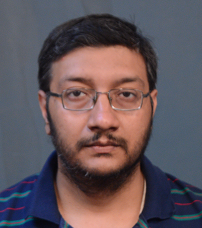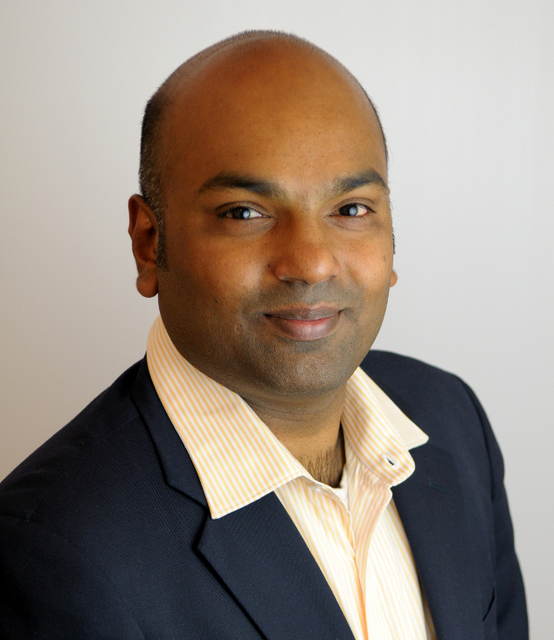About Program
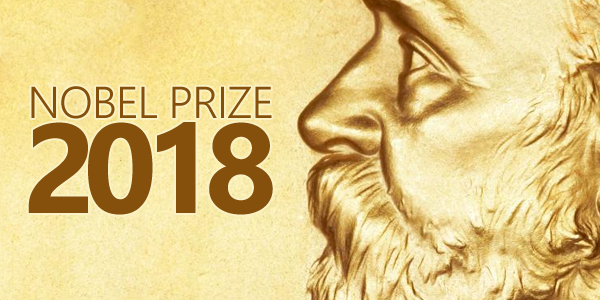
Nobel prize, Established in 1901 is awarded after the last will of Alfred Nobel (the man who made 355 inventions) which specified that his fortune be used to create a series of prizes for those who confer the "greatest benefit on mankind" as, The Nobel prize in physics, the Nobel prize in chemistry and Sveriges Riksbank prize in economic science by The Royal Swedish Academy of sciences.
The Nobel Assembly at the Karolinska Institute awards the nobel prize in medicine or physiology. The Swedish Academy grants the nobel prize in literature and the nobel peace prize is awarded by Norwegian Nobel Committee on 10th of December (death anniversary of Alfred Nobel) annually. As of 2017 totally 24 organization and 892 individuals become Nobel laureates and still counts. The award includes a diploma, a gold medal and a sum of ₹7,26,93,900.
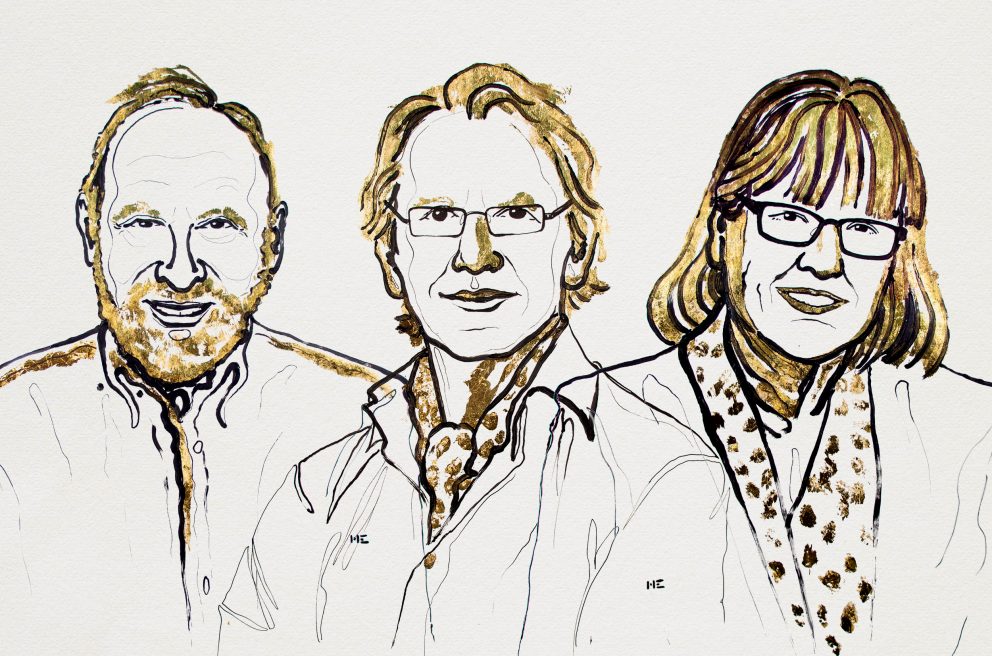
The Nobel Prize in Physics 2018 was awarded “for groundbreaking inventions in the field of laser physics” with one half to Arthur Ashkin “for the optical tweezers and their application to biological systems” and the other half jointly to Gérard Mourou and Donna Strickland “for their method of generating high-intensity, ultra-short optical pulses”.
Their inventions have revolutionised laser physics. Extremely small objects and incredibly rapid processes are now being seen in a new light. Advanced precision instruments are opening up unexplored areas of research and a multitude of industrial and medical applications.
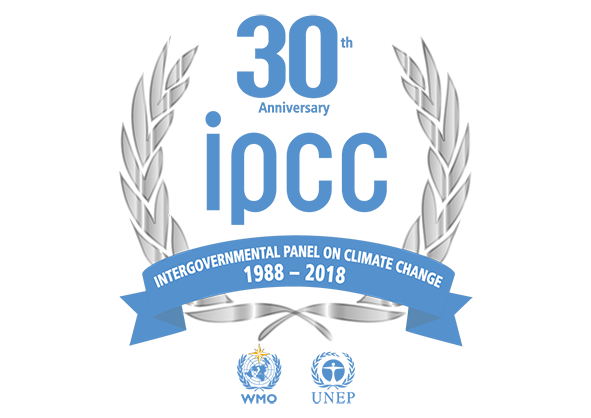
The Intergovernmental Panel on Climate Change (IPCC) is an intergovernmental body of the United Nations, dedicated to providing the world with an objective, scientific view of climate change and its political and economic impacts.
It was established in 1988 by the World Meteorological Organization (WMO) and the United Nations Environment Programme (UNEP), and later endorsed by the United Nations General Assembly. Membership is open to all members of the WMO and UN. The IPCC produces reports that support the United Nations Framework Convention on Climate Change (UNFCCC), the main international treaty on climate change. The objective of the UNFCCC is to "stabilize greenhouse gas concentrations in the atmosphere at a level that would prevent dangerous anthropogenic (human-induced) interference with the climate system".
IPCC reports cover the "scientific, technical and socio-economic information relevant to understanding the scientific basis of risk of human-induced climate change, its potential impacts and options for adaptation and mitigation.
IPCC has prepared five reports since it is formed. The fifth report was brought out in 2014.IPCC has brought a special report on completion of 30years of its existence. IPCC special report is on the impacts of global warming of 1.5 °C above pre-industrial levels and related global greenhouse gas emission pathways, in the context of strengthening the global response to the threat of climate change, sustainable development, and efforts to eradicate poverty. More than 800 scientists participated in IPCC and India is also actively participating in it.
Dr. T. Jayaraman, trained as Theoretical Physicist now with Tata Institute of Social Sciences was part of the delegation to the 48th session of Intergovernmental Panel on Climate Change which brought out the special report. Professor Jayaraman wrote numerous articles on Climate change. http://flacso.org.ar/wp-content/uploads/2015/05/Thiagarajan-Jayaraman-CV.pdf
